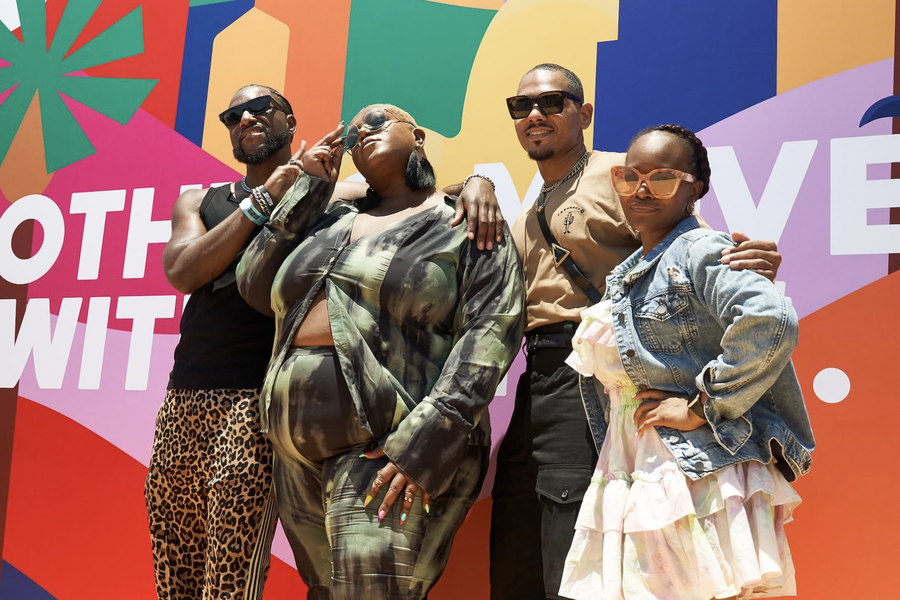Why Is Madagascar A Part of Africa?

- By Max G.
- April 27, 2019
Manao ahoana e! Fahasalamana?
Befuddled? Take a full breath, unwind and sit down, fasten your safety belts as we go South, to the Austronesian people groups. Many know it as the nation of 'moramora', signifying 'no rush'.
Officially known as the Republic of Madagascar, this nation is an island (including other smaller islands) in the Indian Ocean and is situated in the shoreline of Southeast Africa – over 400 kilometers from the coast of Mozambique.
Madagascar was colonized by the French. It became fully independent in June 1960, after which revisions were made to its constitution as the country transitioned through four republics. This brought a shift from neocolonialism to multi-party democracy marked by adoption of a new constitution in 2010. Today, the Republic of Madagascar is a multi-party democratic nation.
Many argue that the island nation cannot really be said to be part of Africa, especially as Malagasy cultures, and particularly the Malagasy language, have more in common with Asia, and specifically Indonesia, than they do with Africa. The situation of Madagascar on the map is peculiar. Despite this assertion, Madagascar is a member of the African Union, a body that fosters cooperation of the African nations.

With regards to the people and their culture, some scholars argue that the first settlers came directly from Indonesia, possibly in a single voyage. African elements found in the population and its culture were added later, as the result of migration and the slave trade. Therefore explaining Indonesian cultural dominance.
However, more reliable studies have proven that the settlement of the island was the result of several voyages that proceeded along the coast of India, the Arabian Peninsula, and Africa and that the population that settled the island was already mixed. This defeats the earlier argument and simply explains that the people of Madagascar have different origins and different cultures.
The fact that one is more prevalent, does not negate the influence of the others.
In the final analysis, the point must be made clear that ultimately, a group of people can decide which part of the world they want to belong to. The people of Madagascar chose Africa, reflected in the political decision they made in 1963 – three years after their independence from French colonial rule.

Geographically, Madagascar is closest to Africa, so it is lumped in with the continent often because of proximity. Geographical history has it that before the split of supercontinent Gondwanaland, Madagascar was part of the African Plate. Though some argue that the split was incomplete.
Politically, in 1963 when the Organization of African Unity (OAU), now African Union (AU), was founded, Madagascar was one of the first 36 countries to be part of the charter. This simply means that in addition to the geographical history of the country, they also made a political decision to be part of the African Continent. Madagascar is also a member of sub-bloc groupings on the African Continent. These include; the Common Market for Eastern and Southern Africa (COMESA) and the Southern African Development Community (SADC).
Additionally, because of the continuing bond with France that resulted from former colonial rule, the island developed political, economic, and cultural links with the French-speaking countries of western Africa. This bond makes the country identify more as African
It is said that everything African about Africa is non-African to Madagascar and everything African about Madagascar is non-African to Africa. No matter how true, albeit paradoxical, this statement is, it does not take away from the fact that as it is now, Madagascar is part of Africa.




